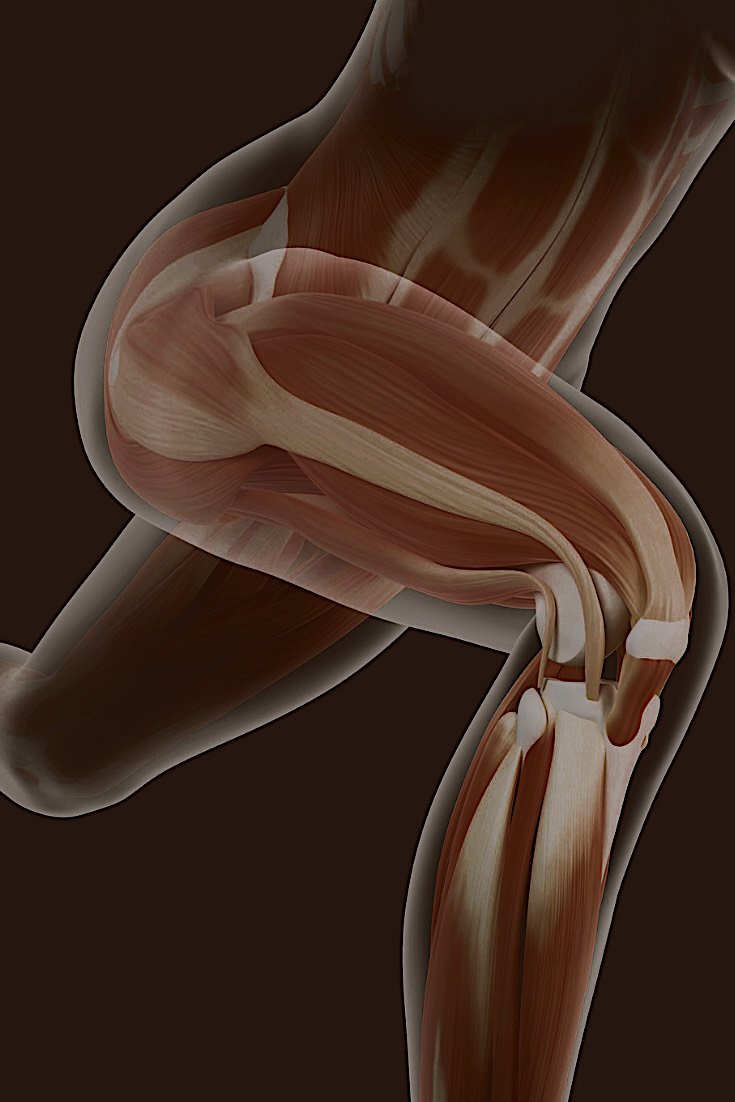What is Fascia and Why Should You Care?
If you’ve never heard of fascia, (fash-uh) then you are in for a treat with today’s blog. Fascia is basically the connective tissue in our body that keeps our muscles and bones and everything in between all together. Sounds pretty important, right? Unfortunately, until the last decade, fascia has been largely ignored by the medical community. It was considered for a long time to simply be like “packing material” that didn’t need to be studied or asked about. However, it has recently been discovered that fascia health is vital to our overall health!
What Is Fascia?
Now, medical science wasn’t wrong about fascia functioning as a sort of “packing material.” It really does function in a similar way in that it literally holds every system of our body in place. You can think of fascia as a custom fitted suit that works inside your body. Everything from your bones, blood vessels, nerves, muscles, and organs is held in place by your fascia. What they were wrong about, however, was that fascia has no purpose other than this…
What Does Fascia Do?
With 6-10 times as many sensory receptors than your muscular system, your fascia has a HUGE impact on the well-being of your entire body. Since fascia is attached to every part of our body, symptoms can develop in areas you may not realize. For example, if your fascia isn’t working properly in your hip, you can experience problems with your neck, feet, and back. Fascia is built kind of like cobwebs when you look up close at it (25x magnification.) So you can see how one wrong pull can have consequences across the webbing—just like a real spider web!
What Makes Fascia Unhealthy?
An active, healthy lifestyle can help you keep your fascia from clumping up, hardening, or adhering in painful ways across your body. However, there are a few things you can avoid to help keep your fascia flexible, soft, and pain-free:
A sedentary lifestyle
Chronic inflammation
Dehydration
Lack of sleep
Overusing/straining of muscles
Poor posture
Scar tissue
Stress
Unhealthy foods
Vitamin C/sulfur deficiency
However, there are also some great things that you can do to help keep your fascia healthy and functioning properly:
Cold therapy
Exercise
Massage/foam rolling
Physical therapy
Stretching
Sauna therapy
Yoga
As you can see, the fascia is a vital part of our body to keep healthy, and can be easily cared for with some basic self care practices. Let me know in the comments below if you have any great fascia care tips, and if you notice a difference by being more mindful of it!
LOVE THIS STUFF? Get my free self care guide








